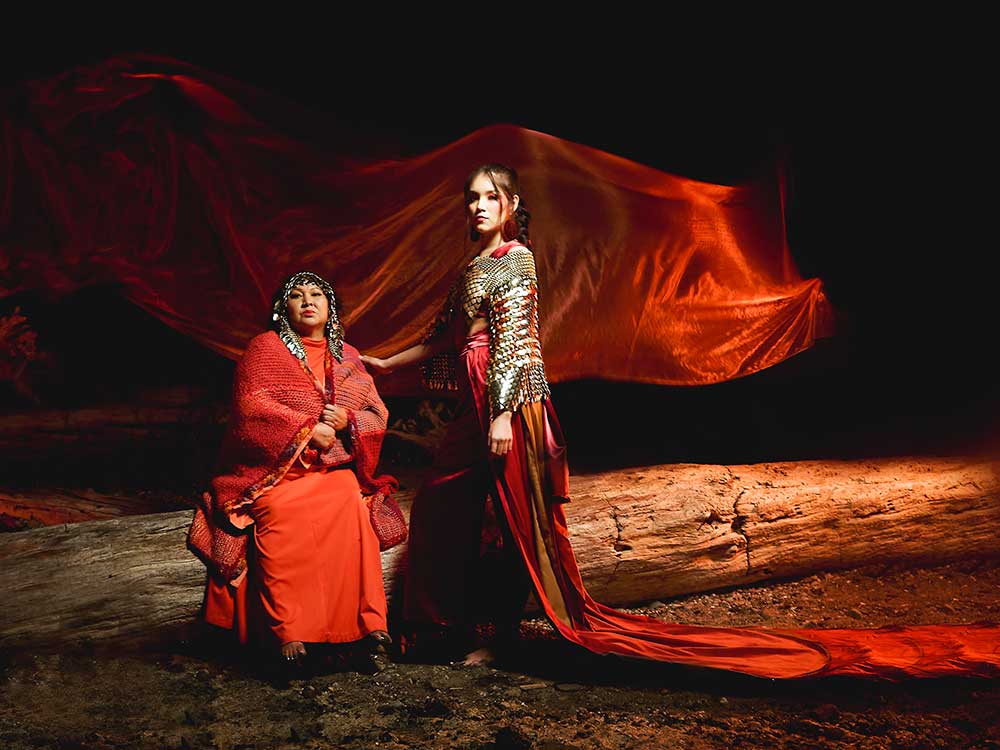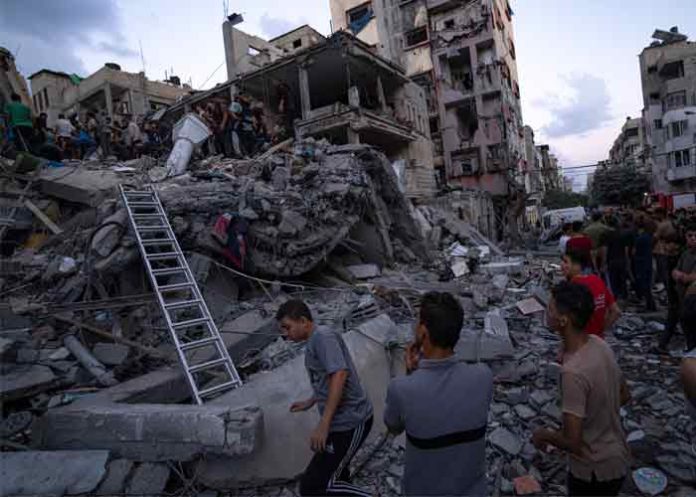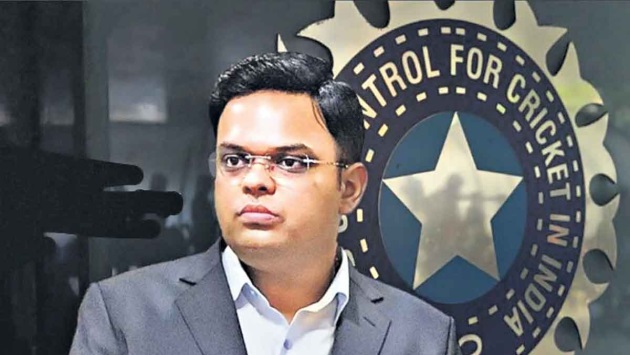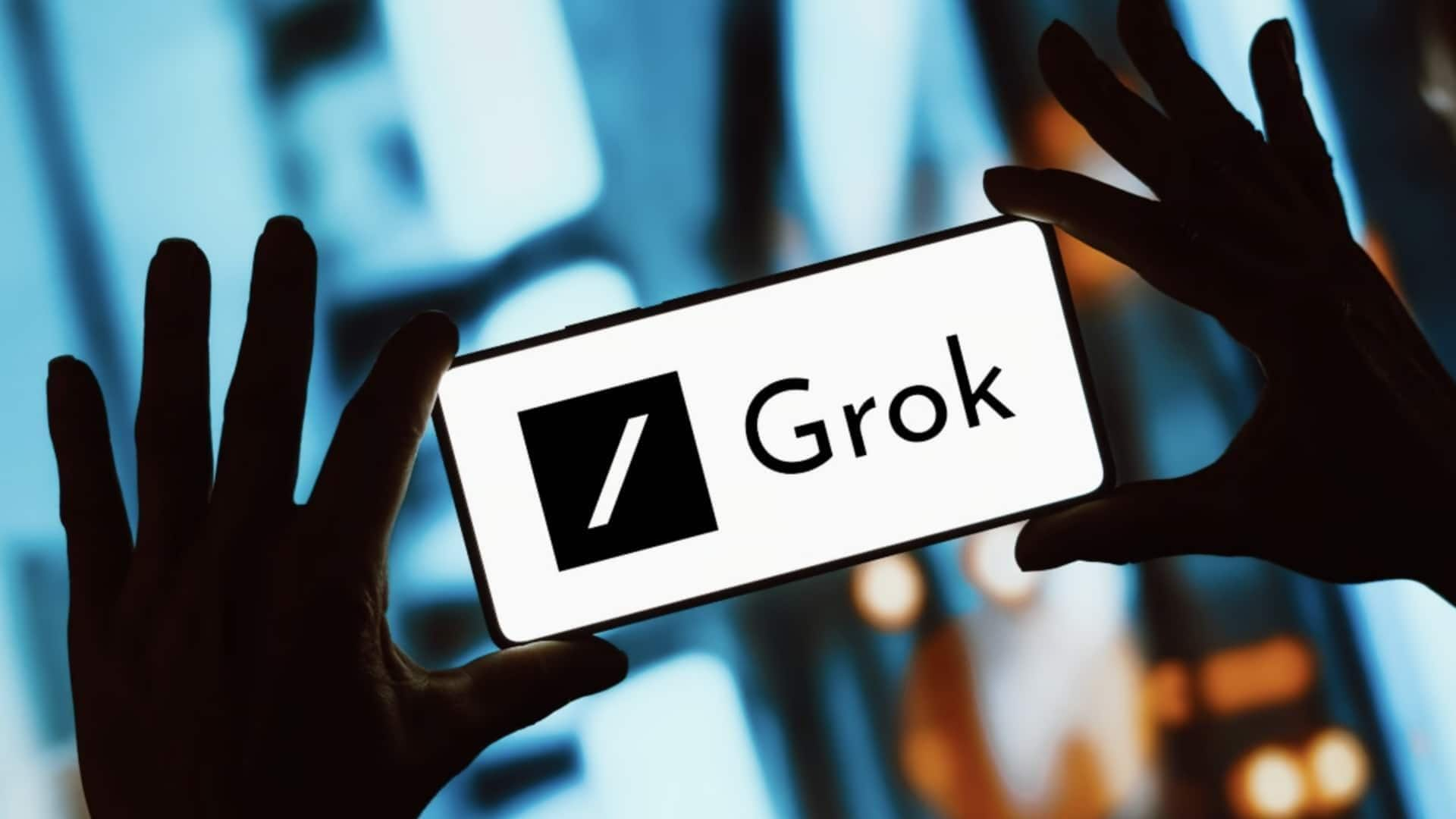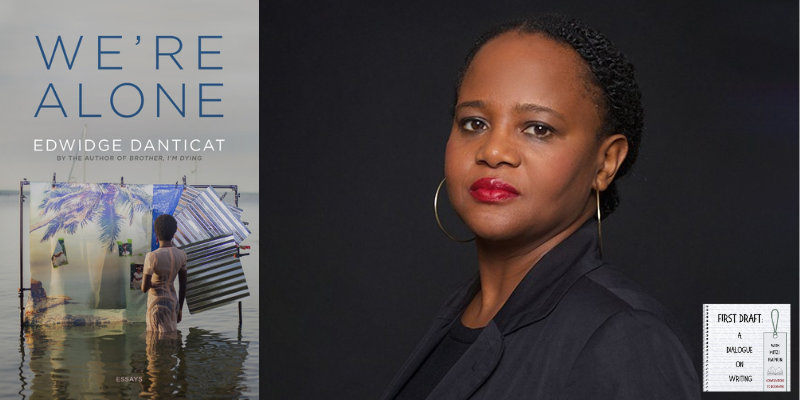
is a weekly show featuring in-depth interviews with fiction, nonfiction, essay writers, and poets, highlighting the voices of writers as they discuss their work, their craft, and the literary arts. Hosted by Mitzi Rapkin, celebrates creative writing and the individuals who are dedicated to bringing their carefully chosen words to print as well as the impact writers have on the world we live in. In this episode, Mitzi talks to Edwidge Danticat about her new essay collection, .
In your first essay called “Children of the Sea”, you talk a lot about the influence of storytelling. I think one of my favorite parts about it is you write about beginnings and endings, but specifically beginnings. You say endings naturally flow out of the way that the beginnings start.
And so even though maybe there’s a few different endings, it’s kind of going to this inevitable place. But beginnings are so difficult, they’re so open ended, and there’s so many places you can choose to start. So, I wanted to ask you more about that concept, and then knowing that how you began this collection? Well, I mean, I think you know the beginnings, since this is , the beginning is always kind of scary for me.
It’s like the idea of this blank page, facing the blank page. And I remember hearing Maya Angelou talk about starting, where she had these yellow pads and went to a hotel room to write and each time, it’s like starting again. So, beginnings in the way, you know, in the context of writing, is always like a reset.
And so, the way I begin often is sometimes I begin with the title, or whatever has come first and struck me. And then I try to follow that thing, and I try to do what you know the shady first draft. I try to get from beginning to end, but I give myself these perimeters.
You know, with essays, you kind of figure it out as you go along. And I have a journalist friend that I talk to often, and, you know, she always says, and I feel the same, if I have a first line, I’m going. So, the essays you discover as you go along.
But in fiction I like to know where I’m beginning and where I’m ending. And it’s a very thin perimeter of like, okay, it starts here, and I’m writing towards there and but there may not be the actual ending, but that’s the process. I don’t outline, but I just need, like, a place, usually, to begin, whether it’s an image, a scene, or something that gets me going.
*** is the author of several books, including , an Oprah Book Club selection, a National Book Award finalist, , , a Reese’s Book Club selection and National Book Critics Circle Awards winner. She is also the editor of in the United States, Best American Essays 2011, Haiti Noir, and Haiti Noir 2. She has written seven books for children and young adults.
Her new essay collection is . She teaches at Columbia University..




